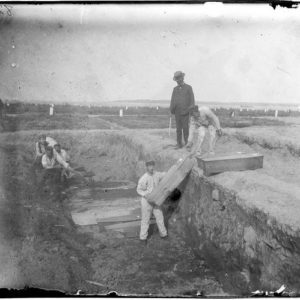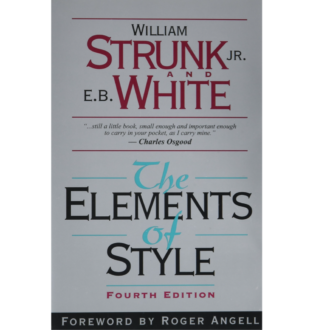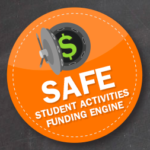This semester, as I return to writing for PCUR, I will be publishing a series of posts describing my experience with the graduate school application process, applying to a variety of developmental psychology PhD programs. Throughout the process, I was fortunate enough to have guidance from my independent work adviser and other senior members of my research lab on campus. However, even with this support, I often found that the process was incredibly opaque. I spent hours searching for answers to seemingly simple questions, often never coming to a definitive conclusion. I hope to use this series of posts to shed some light on the many facets of the process. Although I can only speak to my personal experience, I hope to provide valuable information that can be helpful to students from a variety of disciplines.

Before getting into the nitty gritty of the application process itself, the first step is deciding whether or not you want to go to graduate school in the first place. Graduate school, especially PhD programs, are long, so before you commit to spending up to 6 years in a program, it is important to make sure grad school is the right path for you.
Continue reading Graduate School Application Process (Part I): Deciding to Apply






